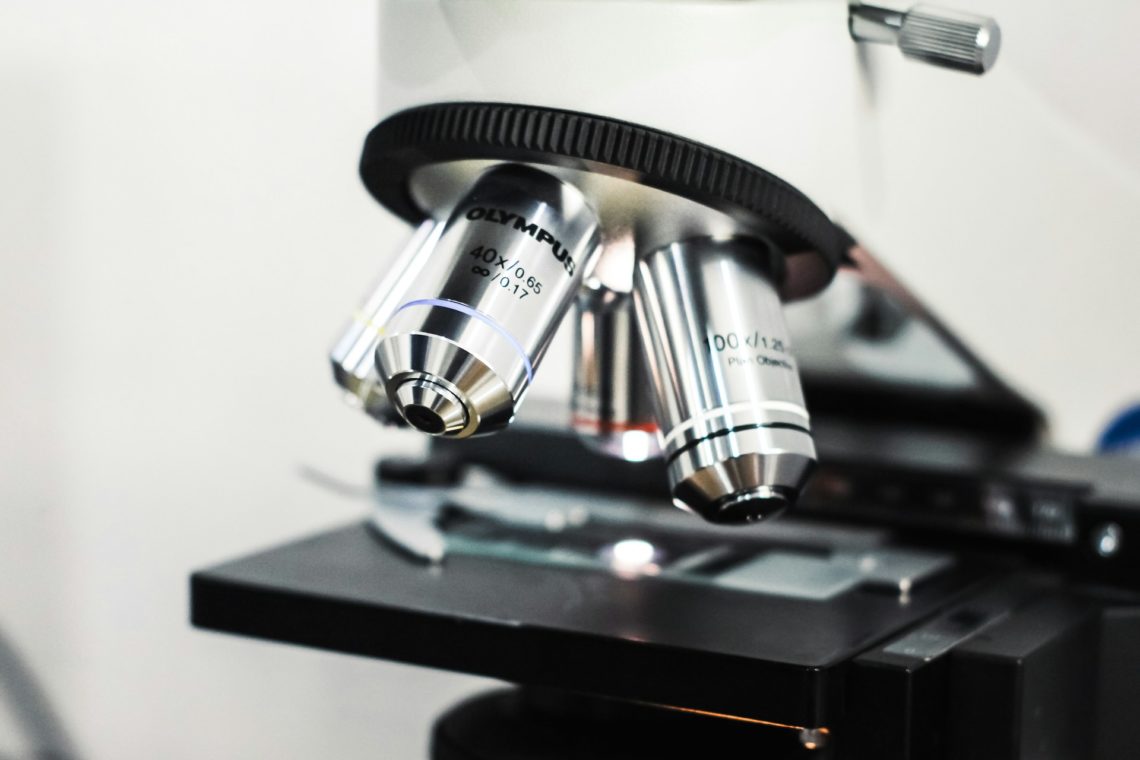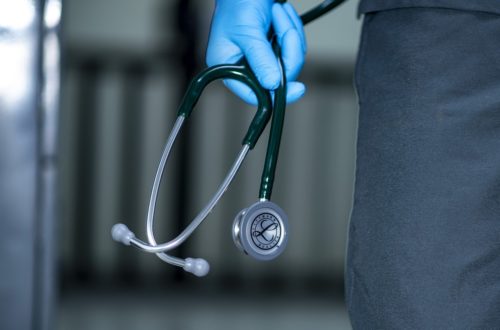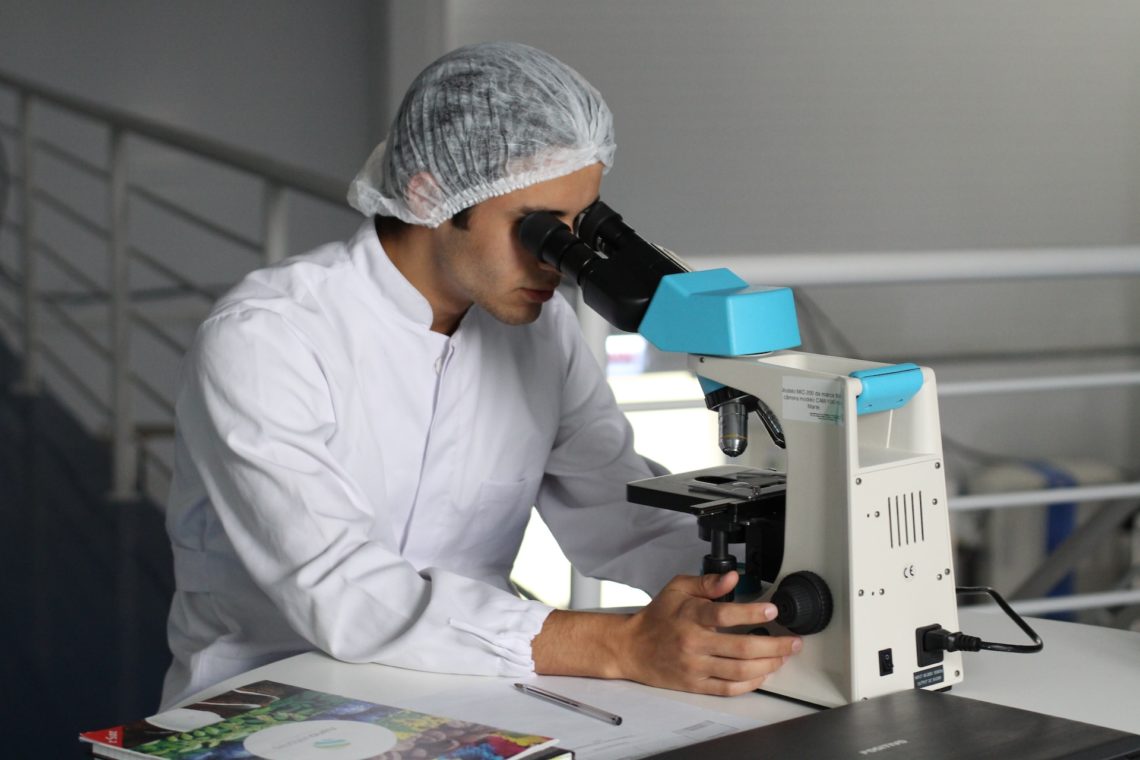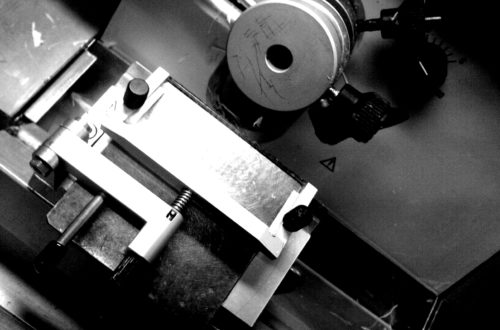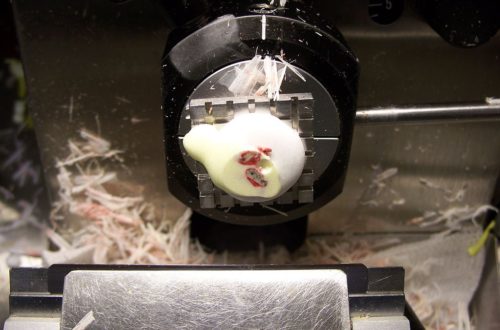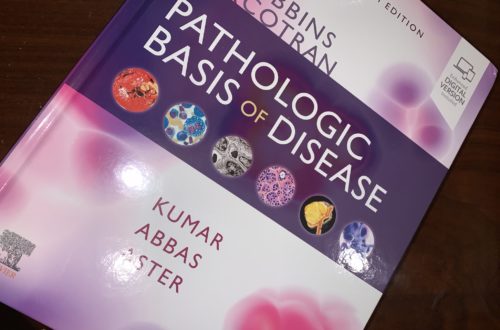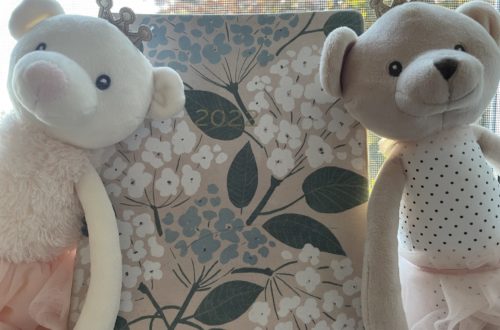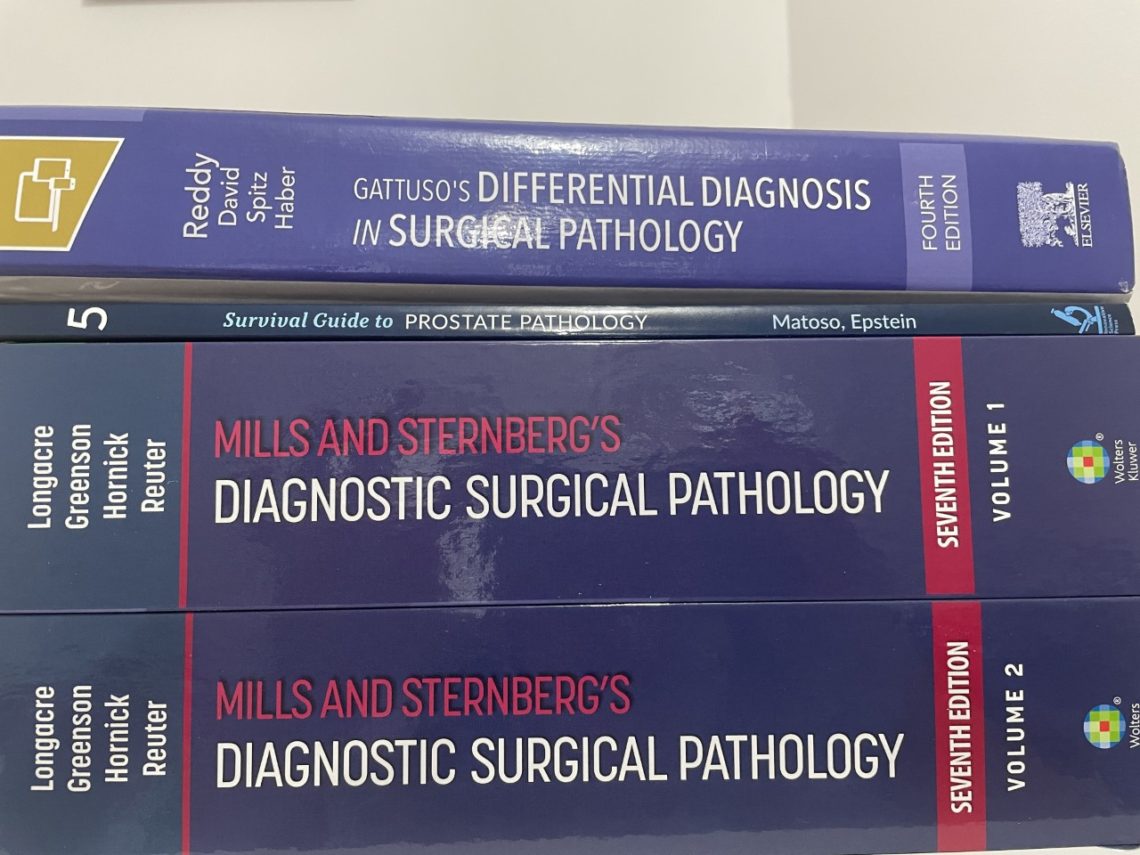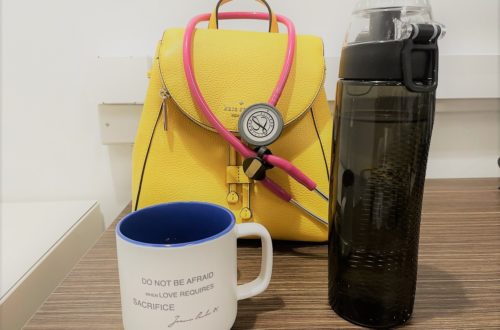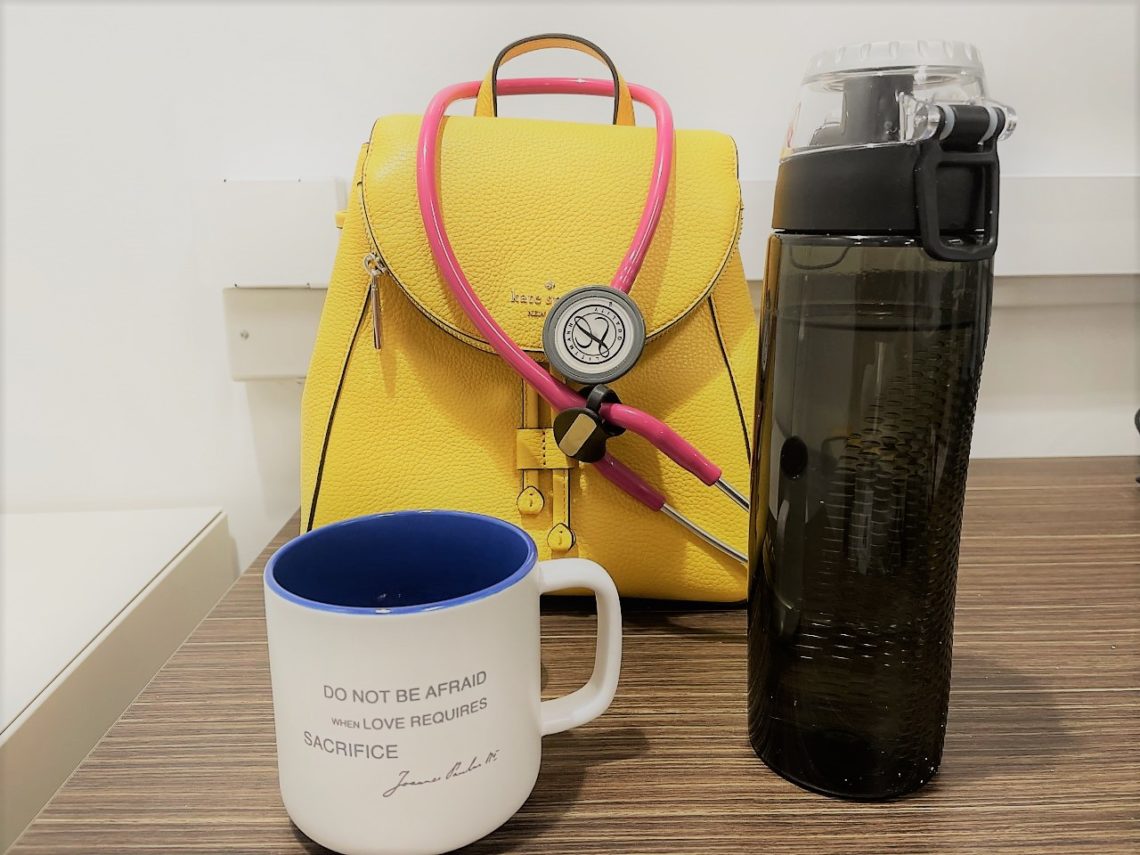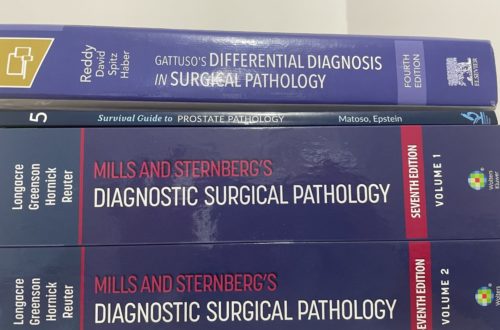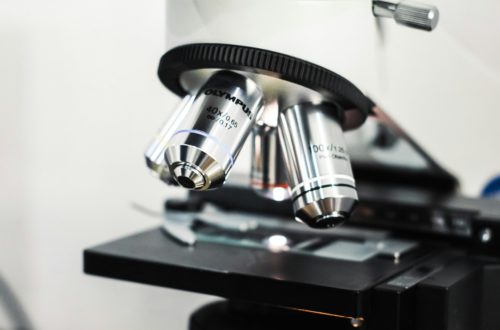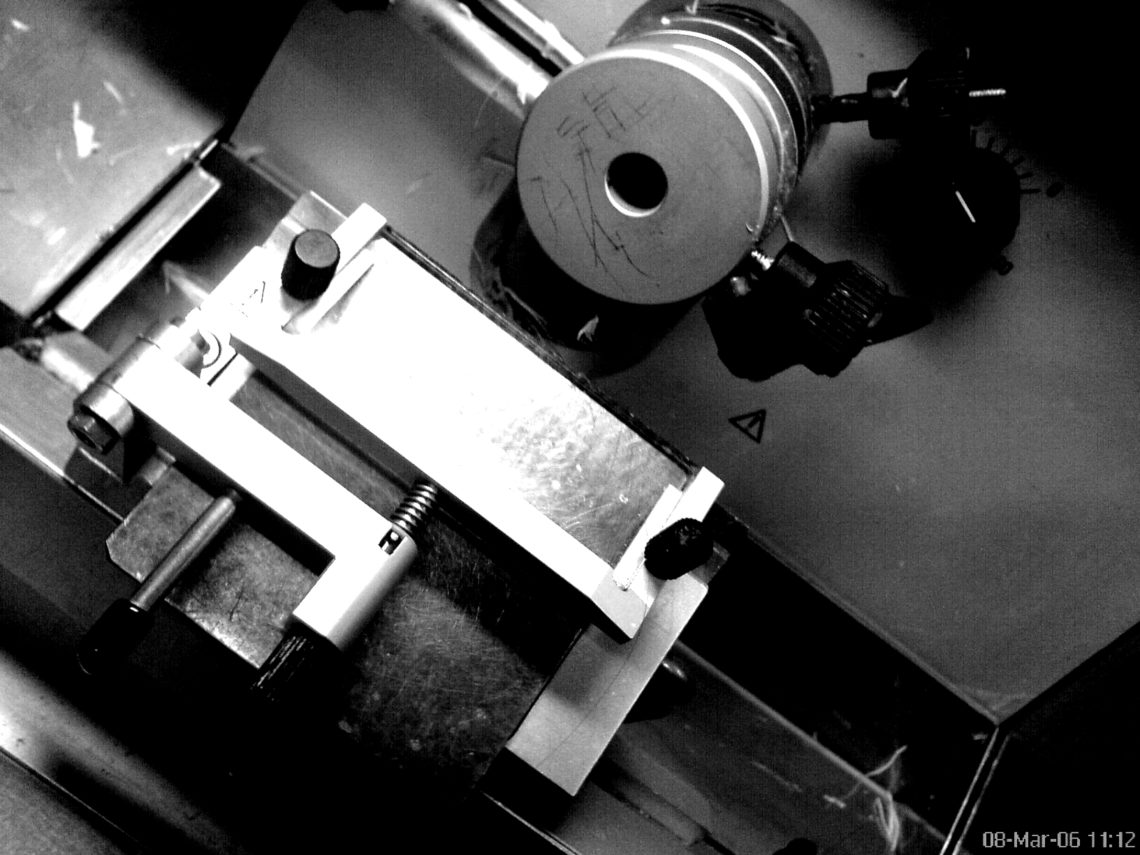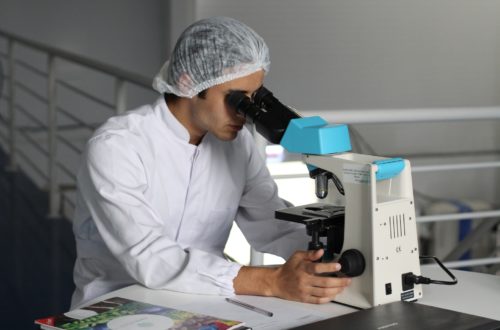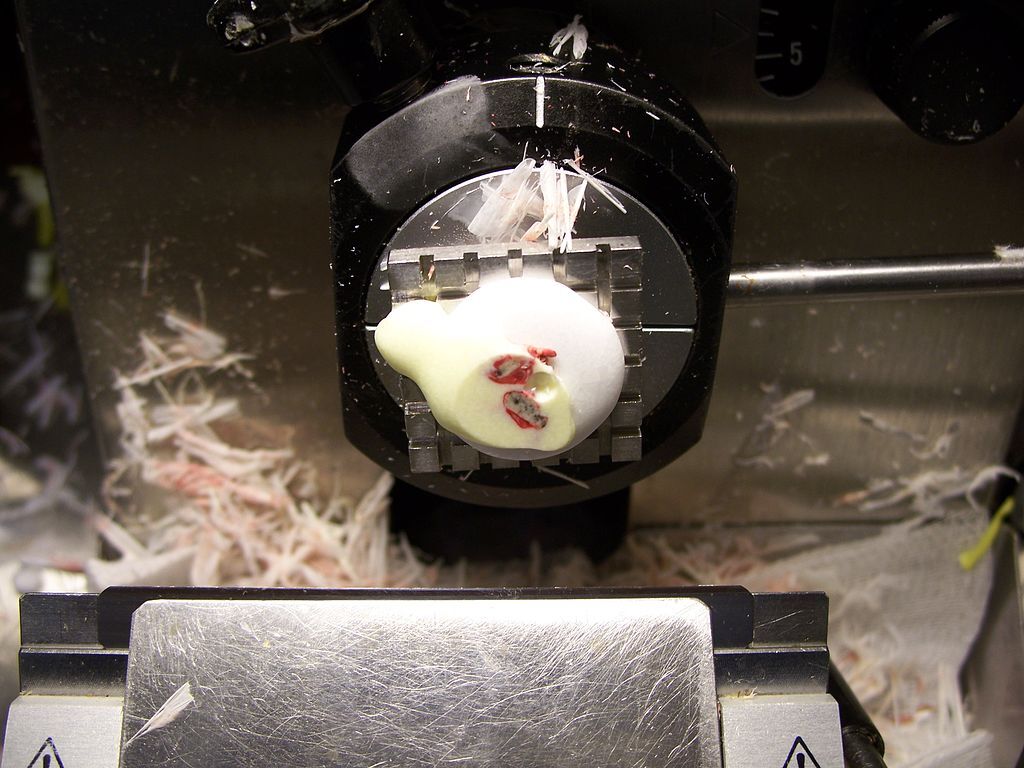Medicine
-
Surviving a Difficult Rotation in Anatomical Pathology Residency
When it comes to difficulty, a residency in anatomic pathology is considered to be on the easier end... But it isn't a walk in the park. How can one survive, and ideally thrive, in a difficult rotation in anatomical pathology residency? With these tips for surviving a difficult rotation in pathology, it is my hope that I can help you brace your shoulders, adjust your mindset, dismiss errant traits in attendings and the humdrum of scutwork as mere distractions, so that you can keep your eye on the prize: learning as much as you can and becoming the best pathologist you can be.
-
Microscope Ergonomics: Avoiding Repetition Injury and Selecting the Optimal Microscope
Using microscopes for long periods of time is both fun and laborious. Here are some tips for reducing eye, neck, and back pain when at the scope, as well as ergonomic features you may want to look for in a microscope.
-
9 Best Notetaking Apps for a Medical Resident
Some people prefer to have all their notes on one app, hence the need for a "second brain". However, I have found that each app has its particular strengths and weaknesses, and I believe I can work better if I tailor my use of the app according to its capabilities. In this article, I talk about the 9 best notetaking apps that I have tried and that have helped me study in residency.
-
Why Choose Anatomical Pathology Residency at McGill?
At McGill, the anatomical pathology residency program has a practical internship curriculum, friendly residents, supportive program directors, excellent teaching staff, diligent support staff, a large caseload, and is situated in the charming city of Montreal.
-
Best References for Core Rotations in Anatomical Pathology
In the initial months of my training, I was endlessly strategizing how to balance reading and looking at glass slides. I was trying different references and various study styles, including flash cards and mind maps. After three core rotations in subspecialty pathology this academic year, I have come up with a list of the references (books and websites) that have helped me maximize my learning.
-
Writing Your Personal Statement for Residency Applications
My guess is that what makes a GOOD personal statement is OBJECTIVE—clear, concise, well-written, grammatically correct. It doesn't raise any red flags. Meanwhile, what makes a GREAT personal statement is subjective.
-
Back in Clinic
As this is one of the last clinical rotations I will do before I return to the world of pathology, I take my sweet time when seeing patients. I take all the time I need, so much so that I receive compliments on how wonderful it is to have a doctor who carefully asks questions, gently examines, and simply listens. Patients say that I do well what I do. I courteously say thank you, a bit embarrassed by the trust placed in me. But in moments of silence, away from the busy humming of clinics, when I can actually hear myself think and cannot be charmed by the gratification of being front…
-
Research Paper Review: Subareolar Tissue Biopsy and Occult Nipple Involvement in Nipple-Sparing Mastectomies
Nipple-sparing mastectomies are preferred for patients with breast cancer that do not involve the nipple-areolar complex. In practice, subareolar tissue is submitted for intraoperative frozen sections, and the pathologist examines the specimen for microscopic signs of malignancy. This paper examines the reliability of this method in detecting occult nipple disease and the tumor features that predict a positive biopsy.
-
Research Paper Review: Imprint Cytology for Lymphoma Workup
Imprint cytology is a valuable tool in evaluating specimens received for lymphoma workup. Whether the specimen is abundant or scant, imprint cytology helps in triaging tissue allocation for subsequent studies.
-
Reading Scientific Papers in Pathology
By reading current and relevant scientific papers, I not only deepen my understanding of topics in my present rotation—I also familiarize myself with possible existing research questions, thereby allowing me to generate my own hypothesis for a project.
